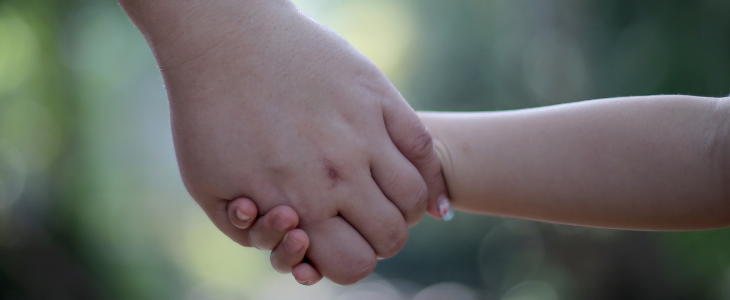If you’re considering seeking sole custody of your child, understanding the details can have a significant impact. Sole custody, which includes both legal and physical aspects, gives you full authority over decisions affecting your child’s well-being and daily life. In this guide, we will outline the requirements for obtaining sole custody, walk you through the detailed steps involved, and provide an overview of what to expect throughout the process in Virginia.
What Is Sole Custody?
Sole custody is a legal arrangement where one parent has exclusive rights to make significant decisions about a child’s life and well-being. This includes sole legal custody, which involves decisions about education, health care, and religious upbringing, and sole physical custody, where the child resides primarily with one parent. While both forms of custody can be granted separately, obtaining both means one parent manages all day-to-day and major life decisions for the child. This setup is typically considered when it’s in the child’s best interest, especially in situations where the other parent may not be capable of providing a stable environment.
Criteria for Obtaining Sole Custody in Virginia
In Virginia, the decision to award sole custody hinges on a variety of factors, all aimed at securing the child’s best interests. The courts evaluate the following key aspects:
- Child’s Best Interests: This is the cornerstone of custody decisions, focusing on ensuring the child’s safety, health, and overall emotional welfare. The court assesses which parent will best provide a nurturing and stable environment that supports the child’s development.
- Parental Fitness: This involves a thorough evaluation of each parent’s capacity to care for the child. Factors such as mental stability, emotional availability, and physical health are considered. The court also looks at each parent’s history of making sound decisions that contribute positively to the child’s well-being.
- History of Abuse/Neglect: Courts take any past instances of abuse or neglect extremely seriously. Evidence of such behavior significantly impacts the court’s decision, often disqualifying the offending parent from obtaining custody or significantly limiting their contact with the child.
- Parent-Child Relationship: The nature and strength of the bond between the child and each parent play a critical role. The court examines the quality of interactions and the level of attachment the child has with each parent, considering factors like who has been the primary caregiver historically.
- Child’s Preference: In cases involving older children, the court may consider the child’s preference. The weight given to this preference can vary, but it becomes more significant as the child grows older and can articulate their feelings and decisions more clearly.
These criteria are interrelated, and all contribute to the overarching goal of determining what arrangement will best serve the child’s health, happiness, and development.
The Process of Filing for Sole Custody
Filing for sole custody in Virginia involves several steps, each crucial to building a strong case. Initially, it’s essential to consult with a knowledgeable family law attorney who can guide you through the complexities of custody law. Your attorney will help you gather the necessary documentation and evidence supporting your position as the most suitable custodial parent.
Next, you must file a petition for sole custody with the family court. This document should detail your reasons for seeking sole custody, backed by evidence like character references, medical records, or proof of the other parent’s incapacity or misconduct. Once the petition is filed, both parents will typically attend a custody hearing, where a judge will examine the evidence, perhaps listen to testimonies, and might even consider the child’s preferences if they are of sufficient age and maturity. The judge’s decision will ultimately hinge on what serves the child’s best interest, taking into account all presented facts and arguments.
Challenges and Considerations
Pursuing sole custody presents several challenges and considerations. One of the main difficulties involves addressing and countering potential disputes from the other parent, especially regarding visitation rights or allegations of unfit parenting. Additionally, the emotional toll on both the child and the parents cannot be underestimated. It’s crucial to manage these emotional aspects sensitively to minimize stress on the child. Legal complexities can also arise, requiring detailed documentation and strong evidence to support your case.
Contact an Experienced Virginia Sole Custody Attorney
At Randall J. Borden, we leverage our extensive experience in family law to guide you through the complexities of sole custody cases. Let us help protect your rights and your child’s future. Contact us today to schedule a consultation and discuss how we can assist you.

